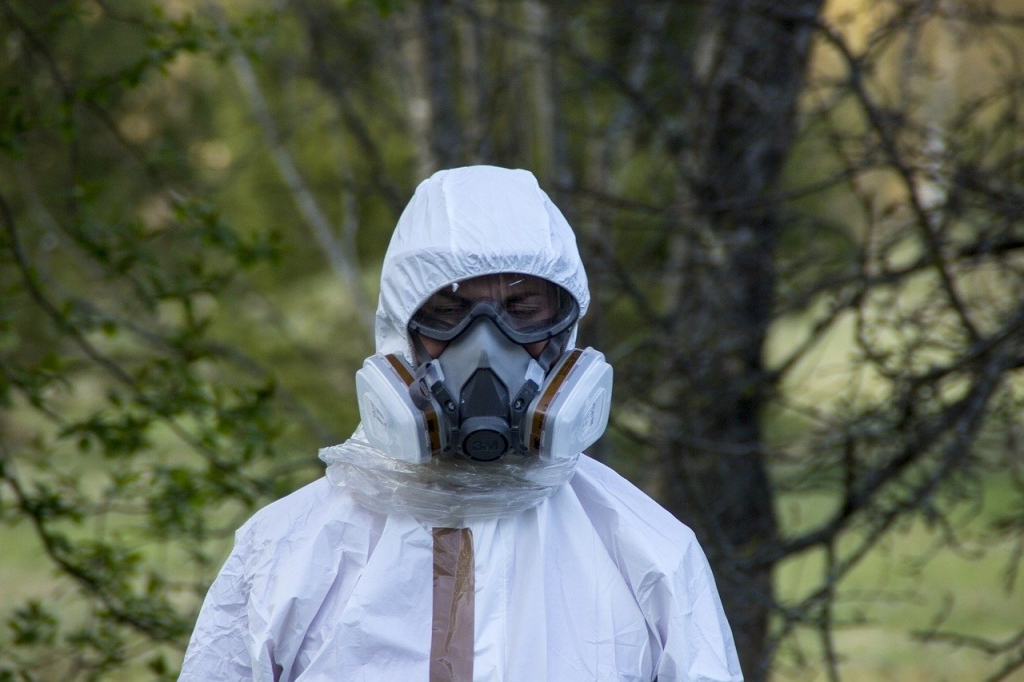
Protection for Whistleblowers
Workers in the United States have several legal protections to ensure safety and justice for everyone. Many such protections are known as whistleblower laws, which protect employees who report illegal or unethical behavior from retaliation by their employers. In general, whistleblower protections prohibit employers from taking adverse employment action against employees for filing a complaint or exercising a related right. This means that employers cannot do things like fire, demote, blacklist, discipline, or intimidate employees based on their participation in protected activity. While there are many sources of legislation protecting whistleblowers against retaliation, including federal and California state law, this article describes some of the whistleblower protection statutes that the Occupational Safety and Health Administration (OSHA) enforces. For those who believe they have suffered retaliation at the hands of their employers for a protected activity like what is listed here, contact an employment lawyer to discuss your options.
1. Consumer and Investor Protection Laws

One consumer and investor protection law is the Sarbanes-Oxley Act (SOX), which was established in response to highly publicized financial scandals with publicly traded companies like Enron and WorldCom. In fact, famous whistleblowers Sherron Watkins and Cynthia Cooper were awarded Time magazine’s Person of the Year in 2002 for exposing the fraudulent activities of these two corporations. The SOX ordered strict reforms to securities regulations, including rules for auditors and people in similar positions when it comes to recordkeeping. It also created harsher, criminal penalties for those who break the law. The SOX protects certain employees (like those of publicly traded companies) who report various kinds of fraud, violations of the U.S. Securities and Exchange Commission (SEC), or violations of federal laws against defrauding shareholders. Workers have 180 days to report retaliation to OSHA under this law.
Another law in this category is the Consumer Product Safety Improvement Act (CPSIA), which allows consumers to feel safe when buying toys or other kids’ products. Before the CPSIA was enacted in 2008, the market was inundated with products meant for children that were dangerous to use. For instance, millions of toys had to be recalled due to excessive lead levels and millions of cribs for harming or even killing babies. After a lot of hard work by activists, the CPSIA was enacted and created significantly higher standards for products aimed at babies and toddlers, like cribs. It also curbed lead and banned other dangerous chemicals in children’s products. Furthermore, the CPSIA led to the first comprehensive consumer incident database for the public, SaferProducts.gov, which allows people to report their own experiences of dangers with products at home. Importantly, the CPSIA protects employees who report to their employer, the federal government, or a state attorney general what they reasonably believe are violations of the Consumer Safety Product Safety Commission (CPSC). This applies to employees of consumer product manufacturers, importers, distributors, retailers, and private labelers. Employees have 180 days to file a complaint of retaliation under this law. Thanks to the CPSIA, the public can feel significantly safer in buying products for their children.
2. Occupational Environmental and Nuclear Safety Laws

One important law under this category is the Asbestos Hazard Emergency Response Act (AHERA) of 1986, which was created to reduce the risk of asbestos exposure in schools. Both public and private schools have to inspect their buildings for any materials that might contain asbestos, exposure to which can cause several cancers, including mesothelioma and cancers of the lung, larynx, and ovary. Obviously, the protection for school employees is crucial to ensuring the safety of the public, particularly children. The whistleblower provisions of the AHERA are broad and prohibit retaliation for discussing anything related to asbestos in schools with anyone. It applies to employees of public and private non-profit elementary and secondary school systems. Employees have only 90 days to file a complaint of retaliation under AHERA.
Other statutes in this category that provide protection against retaliation include the Clean Air Act, the Safe Drinking Water Act, the Solid Waste Disposal Act, and the Toxic Substances Control Act, among others. These laws protect employees who report violations regarding air emissions, potentially dangerous waters intended for consumption, solid and hazardous waste disposal, and industrial chemicals produced or imported to the United States. Such laws are immensely important for public safety, as they reduce the fear of employees coming forward and exposing potentially disastrous violations. If employees are retaliated against in violation of one of these laws, they have between 30 and 180 days to file a complaint of retaliation, depending on the specific statute in question.
3. Transportation Industry Laws

The National Transit Systems Security Act (NTSSA) of 2007 is one important transportation industry law that prohibits retaliation by public transportation agencies against workers who discover and report safety hazards in the workplace or fraudulent use of public funds, refuse to help violate federal laws regarding public transportation security, assist in related investigations, or refuse to work when faced with a safety or security hazard (under specific conditions). While it may have been prompted by fear of terrorism, the NTSSA provides great protection for employees of public transportation agencies in various matters and contexts. Employees who are retaliated against in violation of the NTSSA have 180 days to file a claim.
Probably the most important protection for whistleblowers when it comes to issues of vehicle safety are provided by the Moving Ahead for Progress in the 21st Century Act (MAP-21). This law gives protection to employees of automakers, distributors, part supplies, and dealerships who report safety issues to their employer or to the Department of Transportation, participate in legal proceedings concerning alleged violations or refuse to participate in an activity that violates (or is reasonably believed to violate) safety regulations/laws. Reports of retaliation under MAP-21 must be made within 180 days of the alleged retaliation.
If you believe your employer has retaliated against you for a protected activity like reporting illegal or unsafe activity, speak with an employment attorney to figure out what your next steps should be. Be sure to do so promptly, as there are time limits on when complaints of retaliation can be made.
[saswp-reviews-collection id=”14811″] |



